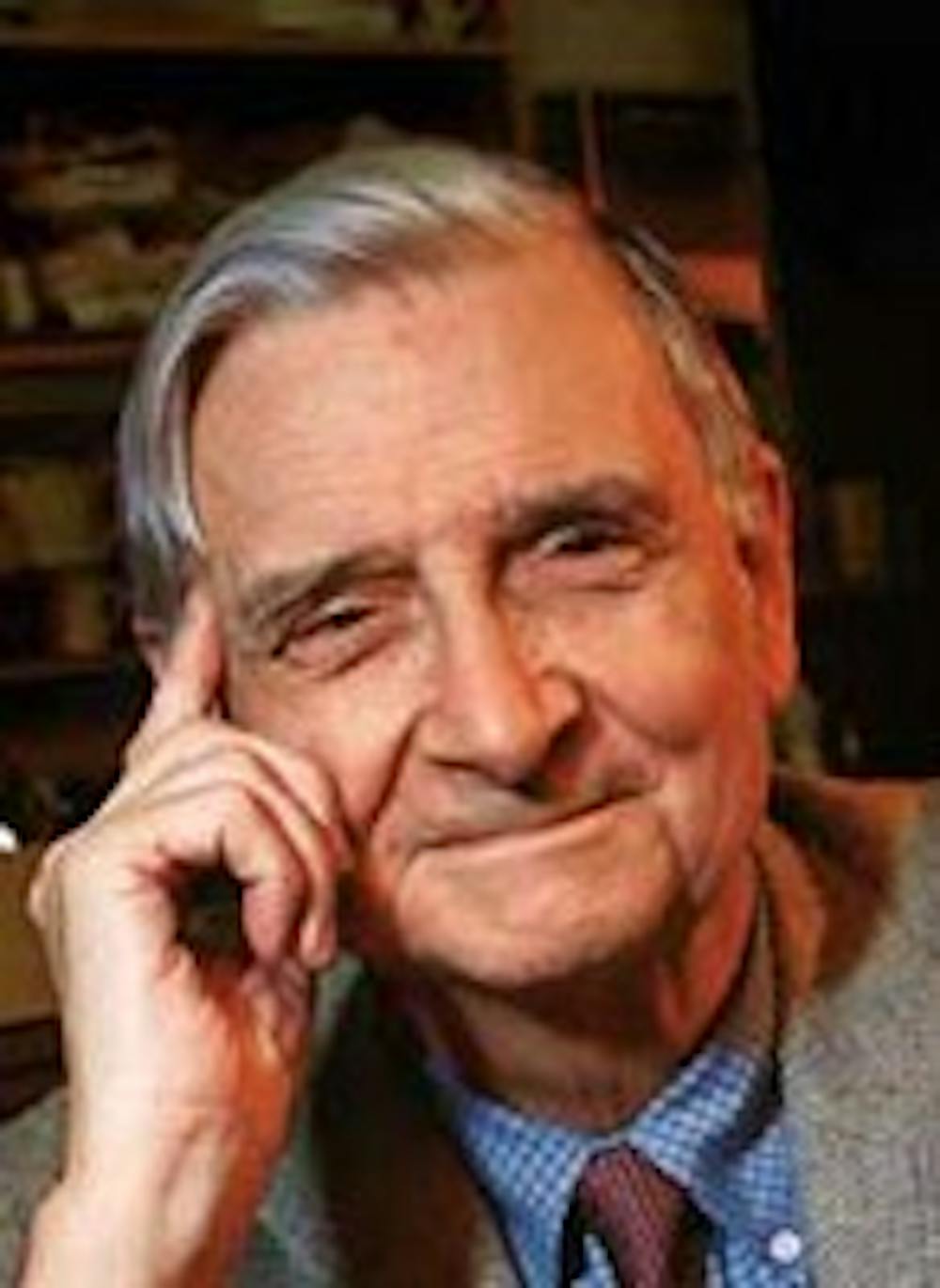Among names like “Oprah” and “Bono,” E.O. Wilson was relatively unknown to students on the commencement speaker advisory committee.
But months ago, when students voiced concerns with the Harvard University professor’s notoriety — or lack thereof — their criticism was assuaged after learning of his contributions to the field of biology, particularly sociobiology.
Now, only weeks away from delivering that address, Wilson is facing criticism yet again, this time from the scientific community.
Wilson rejected the traditional theory of altruism — the same theory he helped bring to mainstream acceptance by the scientific community in the 1970s. His move provoked a collection of critical letters to Nature magazine, which more than 100 scientists signed.
In an article in Nature, Wilson, a two-time Pulitzer Prize winner, reversed his position on the long-standing theory that animals help each other because of kinship, arguing that the theory has many limitations and that the standard natural selection theory is more accurate.
One of the letters stated that Wilson’s disagreement with the kin selection theory is “based upon a misunderstanding of evolutionary theory and a misrepresentation of the empirical literature.”
But administrators, professors and students alike are standing behind their May commencement speaker, saying the more controversy, the better.
“Do we want somebody to come to this campus who is not fully engaged with his ideas and afraid of controversy? No way,” said Dr. Ron Strauss, executive associate provost and chairman of the speaker advisory committee.
“We want people here who are deeply involved with ideas and can convey to our students the value of engaging in intellectual discourse and research,” he said.




